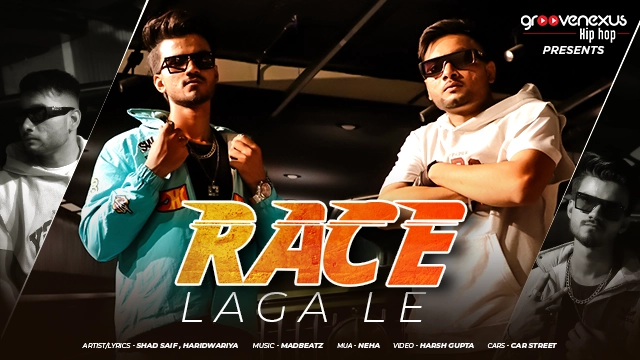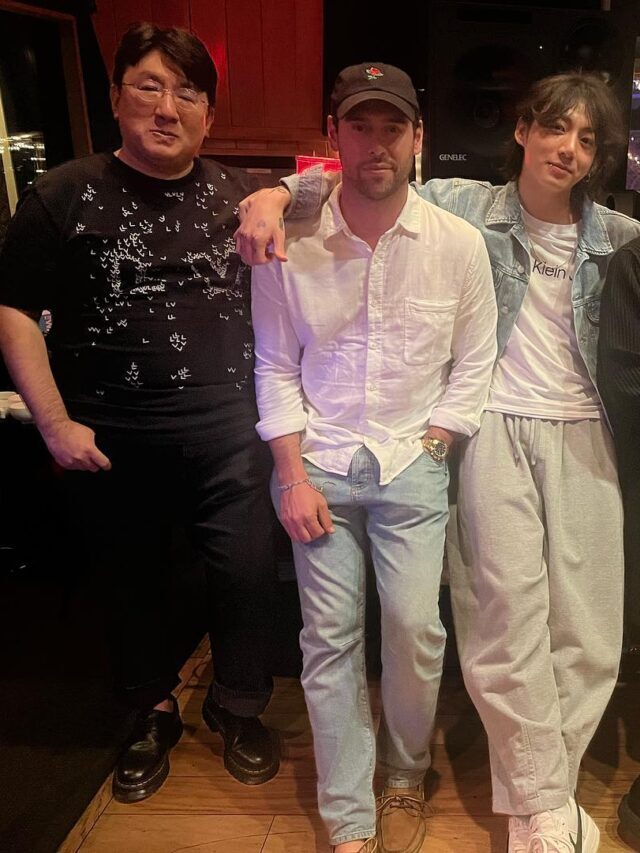Artificial Intelligence in the music industry is not a new term. One can see the advancement of artificial intelligence in their daily lives, affecting every aspect of life and business. Thanks to artificial intelligence in the music industry, music creation can now be automated. AI is helping musicians record songs at low cost and provide tailored music to listeners. Technology has rapidly become the industry choice to streamline services, innovate operations, and simplify duties. The same factors have also driven the advent of AI in the music industry. Although it may sound science fiction, we already have song makers, music-playing machines, and AI music-making machines. The use of AI in the music industry isn’t revolutionary.
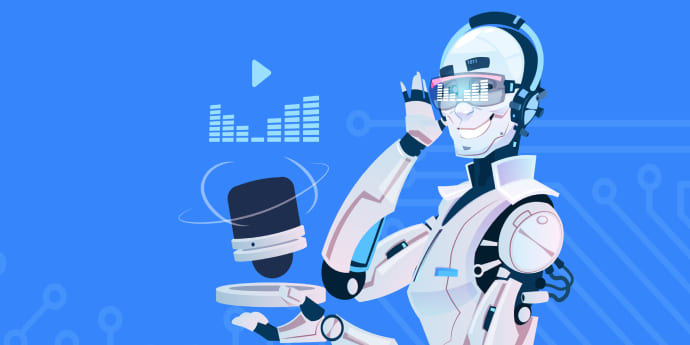
Now, we will see how AI is transforming the music industry! Some view artificial intelligence as an exciting new technology that will simplify and safeguard company operations while also opening up previously unimagined creative potential. Others are concerned that it will have a devastating effect on the careers of musicians, songwriters, and many of the tiny enterprises that make up the music industry’s ecosystem.
Uses of AI in the music Industry
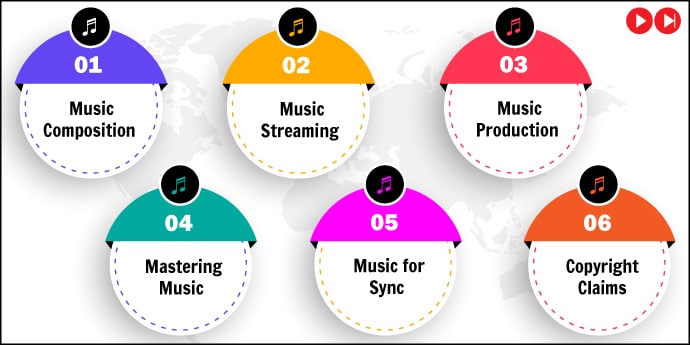
Music Composition
The impact of artificial intelligence on the composition of music is the most misunderstood of the topics we’ll be discussing. The most vocal opponents of machine-generated music present a gloomy vision of songs manufactured to order by machines, devoid of any human input or emotion, as well as of human creativity.
The contemporary environment, on the other hand, is somewhat different. Even though artificial intelligence algorithms can produce entirely constructed songs, even the most ardent supporters of technology would concede that the results have been a mixed bag thus far. As with any artificial intelligence program, the caliber of the output is highly dependent on the caliber of the input.
Music Streaming
AI in music streaming is used to assess millions of consumers’ listening patterns and music preferences on broadcast services. It excels at identifying common patterns among thousands of songs. Spotify’s Discover Weekly, AI-powered functionality, presents a unique music catalog for each subscriber each week based on their artist interests and streaming behavior. Spotify also suggests music that includes different artists and songs as you loop, particular tracks to play over and over on the circle, and other activities. And the best part is that millions of users are analyzed at once, so you can find out who else is listening to the same playlist, and you can also get more streams and followers on Spotify.
Music Production
However, although the influence of artificial intelligence on music composition may seem to be hazy, the impact it has had on music production is more practical – it is less about reinventing the wheel and more about smoothing it out.
For example, analyzing a massive dataset of recorded audio and artificial intelligence studio tools may determine the optimal compression settings for various genres, or it can assist in speeding up incredibly repetitious or arduous studio tasks.
Mastering Music
Music mastering is historically done in a studio with particular acoustics, allowing humans to perceive sound balance and spectral range problems. AI can be integrated into the expert process to eliminate manual labor and human error into mastering a whole process, allowing for better flow between tracks. AI for mastering has increased in popularity, especially for music artists. You can also get mastering tips from streaming services.
Music for Sync
It stands to reason that if artificial intelligence is bringing down the cost of generating music, it will almost certainly bring down the cost of producing music. Among all the apocalypse scenarios prophesied by AI skeptics, the forecast that it would eliminate the careers of musicians who write for music libraries is possibly the most likely to be realized. Indeed, artificial intelligence (AI) businesses have jumped at the opportunity to enter that market.
Copyright Claims
As artificial intelligence makes inroads into the music licensing industry, it poses some problematic considerations about intellectual property rights and creative ownership. For starters, to ‘train’ artificial intelligence to create music, you must first provide it with a large volume of music, which often entails duplicating infinite songs so that the software can read them and learn from them. You can also read fundamental music copyright laws to protect your song.
General AI Algorithms are Used for the Music Business
The power of AI is well established in the field of business. Data insights, along with customer analytics and predictive algorithms, are everywhere. Voice control and natural language processing are ubiquitous to the user experience.
One of the most significant changes facing the music industry is distribution channels. Streaming platforms and real-time music experiences are a growing market today. And AI plays an essential role in understanding the customers better, and it helps protect the rights of the creators.
AI Helps with Social Media and other Marketing Efforts
Social media is essential for self-branding as a musician. Next to these specific content-driven AI approaches, there are a lot of marketing opportunities due to AI. Promotional campaigns are powered by artificial intelligence. These efforts use social media insights to broaden a specific fan base of artists. AI-based marketing is already in use and widespread.
Automatic identification of influencers and prediction of future top hits and artists is an additional activity of AI marketing. Big data and machine learning drive valuable insights.
Future of Artificial Intelligence in the Music Industry
Music-related applications of artificial intelligence (AI) include personalized playlists on platforms such as Spotify, Deezer’s ability to detect and label explicit content, ‘adaptive music’ apps that generate music based on the listener’s location, and local weather A&Rs using AI to identify promising new artists.
All of these provide a hint as to what prospects artificial intelligence may bring about in the future. Artificial intelligence is also being used to discover artists who already have a strong connection with the customers of specific brands, which can be used to guide sync, sponsorship, and strategy choices.
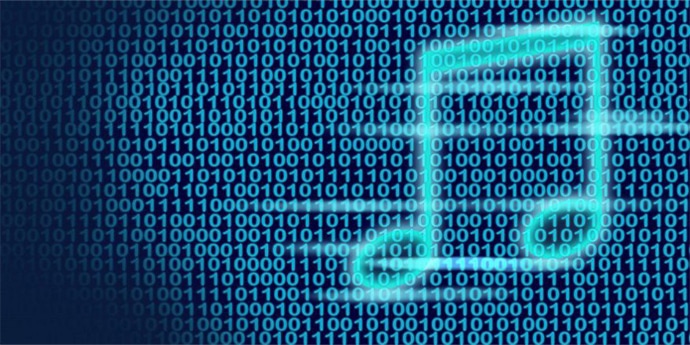
Conclusion
The extent of AI in the music industry has reached a point where computers are now being used in mainstream music. We already know that AI can assist humans in creating audio content. However, Artificial Intelligence (AI) is on its way to completely replacing artists. Advances in AI technology have significantly impacted how business is conducted in various industries, including music. Music professional players can use the techniques that AI uses in its processes.
We hope we have successfully answered all your questions, and you now have a better understanding of how artificial intelligence and the music industry work together. Tell us how you liked this blog in the comments section below. You can also pick how playlists reshaped the music industry for yourself to read.


